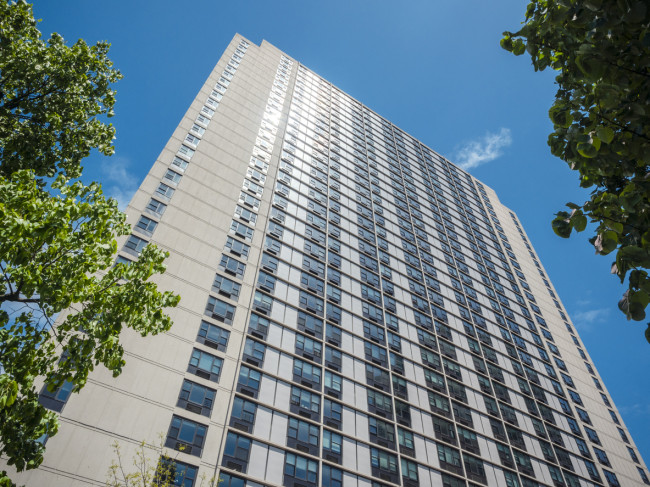What do the new energy efficiency building grades mean to NYC apartment buyers?

The city will now assign certain grades to co-ops and condos based on their energy efficiency.
A co-op I’m considering buying is in a building that received a low score from NYC’s new energy efficiency grading system. Is that a serious warning sign?
Not necessarily, our experts say, as many NYC buildings are likely to be graded poorly in the early days of this new system of evaluating energy efficiency.
Beginning October 31st, Local Law 95 will go into effect. Under this new law, the city will post letter grades on the front of all residential and commercial buildings that are 25,000 square feet or larger that evaluate each building's energy efficiency. Posting these signs will become a legal requirement for approximately 40,000 large buildings.
A less-than-stellar grade does not necessarily suggest that you shouldn't buy an apartment in the building; unlike NYC's restaurant grading system, a poor grade is not a warning sign that there is potentially a serious problem.
"It is not necessarily the owner's or management's 'fault' that a building receives a poor grade," says Alex Zafran, senior consultant and business development lead at Aurora Energy Advisors. "In fact, the grading system was designed intentionally to encourage owners and management to take action and work towards improvement."
The letter grades measure energy efficiency based on the square footage and total consumption of the building, Zafran explains. "In residential buildings, this includes all usage by tenants, over which building management have no control," he says.
And in fact, at least half of all NYC buildings are on track to receive a grade of D—so if the property you're considering isn't high-scoring, that's certainly not unusual.
There are steps building can take to improve their energy efficiency ratings, like hiring an engineering firm to conduct an energy audit and make recommendations. They can also undertake smaller measures, like swapping out incandescent light bulbs for LED ones, and installing better insulation and better windows, according to the New York Times. Larger-scale upgrades, like replacing boilers and HVAC systems, could also help buildings boost their grades.
Making these improvements will be an ongoing process, so a building's low grade now should not necessarily be a deal breaker for prospective apartment buyers.
As Deanna Kory, a broker with Corcoran, says, there is value to knowing your building's grade. And the new system may eventually "be the new gauge for excellence."
Trouble at home? Get your NYC apartment-dweller questions answered by an expert. Send your questions to [email protected].
For more Ask an Expert questions and answers, click here.
You Might Also Like





























